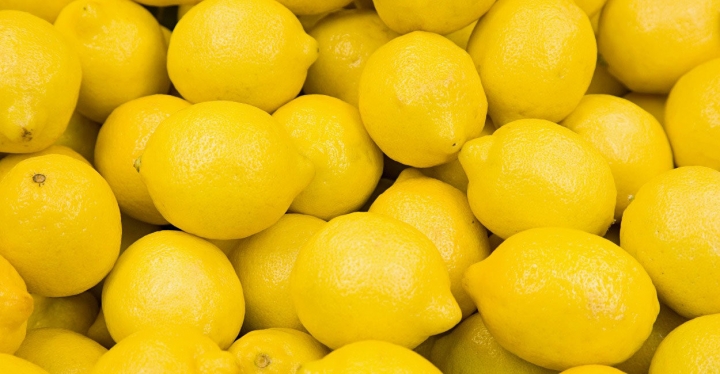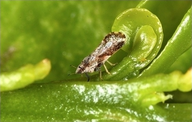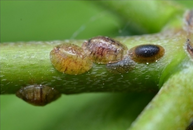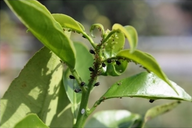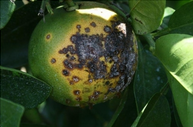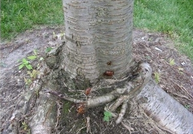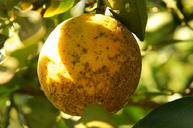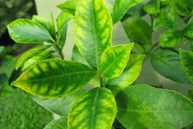Fertilizer Requirement (kg/tree)
| Age of crop (Year) |
Well decomposed cow dung (kg/tree) |
Urea (gm/tree) |
| First to three year |
5-20 |
100-300 |
| Seven to Nine |
25-50 |
400-500 |
| Four to Six |
60-90 |
600-800 |
| Ten and above |
100 |
800-1600 |
Nutrient Requirement (kg/tree)
| Age of crop (Year) |
Well decomposed cow dung (kg/tree) |
Nitrogen (gm/tree) |
| First to three year |
5-20 |
50-150 |
| Seven to Nine |
25-50 |
200-250 |
| Four to Six |
60-90 |
300-400 |
| Ten and above |
100 |
400-800 |
When age of crop is 1-3year, apply well decomposed cow dung@5-20kg per Tree and Urea@100-300gm per Tree. For 4-6year old crop, apply well decomposed cowdung@25-50kg and Urea@100-300gm per Tree. For 7-9year old crop, apply Urea@600-800gm per tree and well decomposed cow dung@60-90kg per Tree. When crop is 10year old or above, apply cowdung@100kg or Urea@800-1600gm per tree.
Apply whole amount of cow dung during December month whereas apply Urea in two parts; apply first of Urea in February, and second dose in April-May month. At time of applying first dose of Urea, apply whole dose of SSP fertilizer.
If fruit drop is observed, to control excessive fruit drop, take spray of 2,4-D@10gm in 500Ltr of water. Take first spray in March end, then in April end. Repeat the spray in August and September end. If cotton is planted in nearby field of citrus, avoid spraying of 2,4-D, instead take spray of GA3.

